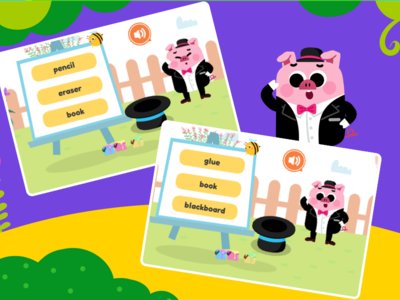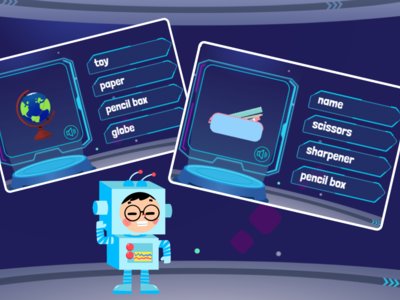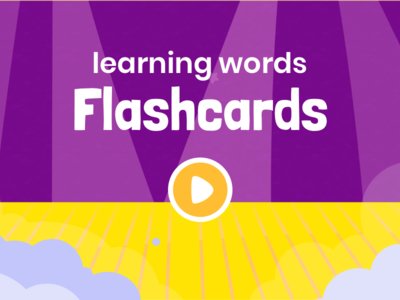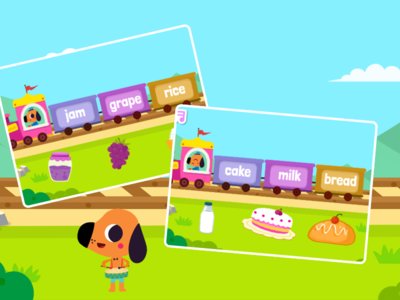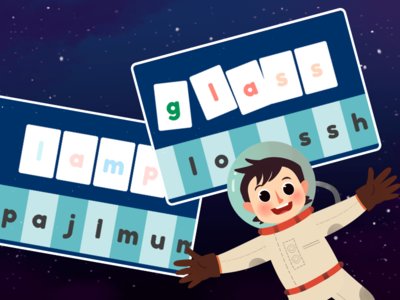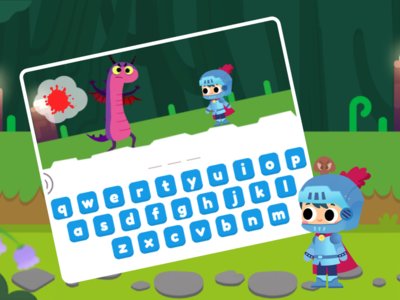The best educational teaching game for kids to learn about Martin Luther King Jr
Martin Luther King Jr. was a Baptist minister and activist who played a key role in the American civil rights movement. He is best known for his role in the advancement of civil rights using nonviolent civil disobedience based on his Christian beliefs.
A fun and free education game for kids about Martin Luther King could teach children about the importance of equality and fairness. It could also teach them about the power of nonviolent protest and the role that ordinary people can play in bringing about social change.
The game could feature a variety of interactive activities that allow kids to learn about Martin Luther King's life and legacy. For example, it could include a section where kids can read about his early life and learn about the experiences that shaped his views on civil rights.
Another section of the game could focus on the Montgomery bus boycott, one of the defining moments of King's career. In this part of the game, kids could learn about the segregated bus system in Montgomery, Alabama, and the role that King and other civil rights activists played in organizing the boycott.
In addition to teaching about specific events in King's life, the game could also teach kids about the principles and values that he espoused. For example, it could include sections on the importance of nonviolence and the power of love to overcome hatred.
A fun and free education game about Martin Luther King could be a great way to introduce kids to one of the most important figures in American history. It could inspire them to learn more about the civil rights movement and the ongoing struggle for equality and justice.
What type of vocabulary does this teaching game include?
A fun and free education game about Martin Luther King might include vocabulary words related to the civil rights movement, such as "segregation," "nonviolent protest," and "civil disobedience." It could also include biographical terms, such as "Baptist minister" and "activist," as well as vocabulary related to King's philosophy and beliefs, such as "equality," "fairness," and "love." Additionally, the game might include historical vocabulary related to the specific events and people mentioned in the game, such as "Montgomery bus boycott" and "Rosa Parks."
What time of the year is this game suited for?
Martin Luther King Jr. Day is a federal holiday in the United States that is celebrated on the third Monday of January. The holiday commemorates the life and achievements of Martin Luther King Jr., who was born on January 15, 1929. It is a day for Americans to reflect on the progress made in advancing civil rights, as well as a time to recommit to the work that still needs to be done to achieve equality and justice for all.
Is this game good for kindergarten?
An online teaching game about Martin Luther King Jr. is a good idea for kindergarten students because it can introduce them to important concepts and ideas in a fun and engaging way. For young children, learning through play is an effective and enjoyable way to develop new skills and knowledge.
A game about Martin Luther King Jr. could help kindergarten students learn about the principles of equality and fairness, as well as the importance of nonviolence and peaceful protest. These are important values that can help children develop empathy and a sense of social justice.
An online game about Martin Luther King Jr. can help kindergarten students learn about history in a way that is interactive and engaging. By playing the game, they can learn about important events in American history and the role that ordinary people played in bringing about social change.
An online teaching game about Martin Luther King Jr. is a good idea for kindergarten students because it can help them learn important values and ideas in a fun and engaging way.
What are the best game computer game scenarios for teaching this?
Free computer games can be a fun and effective way to teach Martin Luther King vocabulary. Many different games can be used to help students learn and reinforce important words and concepts related to King's life and work.
One popular type of game for teaching vocabulary is the quiz. Quizzes come in many different forms, from multiple choice to fill-in-the-blank, and can be tailored to focus on specific words or concepts. Quizzes can be a quick and easy way to check students' understanding of the material and can be used as a form of assessment to track progress over time.
Another type of game that can be used to teach Martin Luther King vocabulary is the puzzle. Puzzles can come in many different forms, from word puzzles and crosswords to hidden pictures and connect-the-dots. These types of games can be especially useful for reinforcing spelling and vocabulary skills, as well as providing a fun and engaging way for students to learn.
Flashcards are another useful tool for teaching vocabulary. These can be used to help students learn new words and concepts, as well as to review material that has already been covered. Flashcards can be especially effective when used in conjunction with other games and activities, such as word puzzles or spelling games.
In addition to traditional games and activities, there are also many free computer games that are specifically designed to teach vocabulary. These games often incorporate elements of other games, such as hangman, bingo, and connect-the-dots, to create a fun and interactive learning experience. Some examples of these types of games include endless alphabet, pronunciation practice, and sentence builder.
Free computer games can be a valuable tool for teaching Martin Luther King vocabulary. By incorporating a variety of games and activities, students can learn new words and concepts in a fun and engaging way, helping to reinforce their understanding of this important historical figure.
Why free web ed-games are the future!
There are several reasons why educational games may be the future of learning.
First, educational games are often more engaging and interactive than traditional forms of education. By incorporating elements of play and competition, games can make learning more fun and enjoyable for students. This can help to increase motivation and engagement, leading to better learning outcomes.
Second, educational games can be tailored to individual learning styles and abilities. Many games are designed to be customizable, allowing teachers and students to adjust the level of difficulty and the types of content covered. This can help to ensure that each student is challenged at the right level, leading to better learning outcomes.
Third, educational games can be used to teach a wide range of subjects and skills. From math and science to language arts and social studies, games can be designed to cover virtually any subject area. This allows teachers to use games to supplement their existing curriculum, providing students with a more well-rounded and comprehensive education.
Finally, educational games are often more cost-effective than traditional forms of education. Many games are available for free or at low cost, making them accessible to schools and teachers with limited budgets. This can help to make education more affordable and accessible for all students.
The use of educational games in the classroom is likely to continue to grow in the future. By providing a fun and engaging way to learn, educational games can help to improve student motivation and engagement, leading to better learning outcomes.
